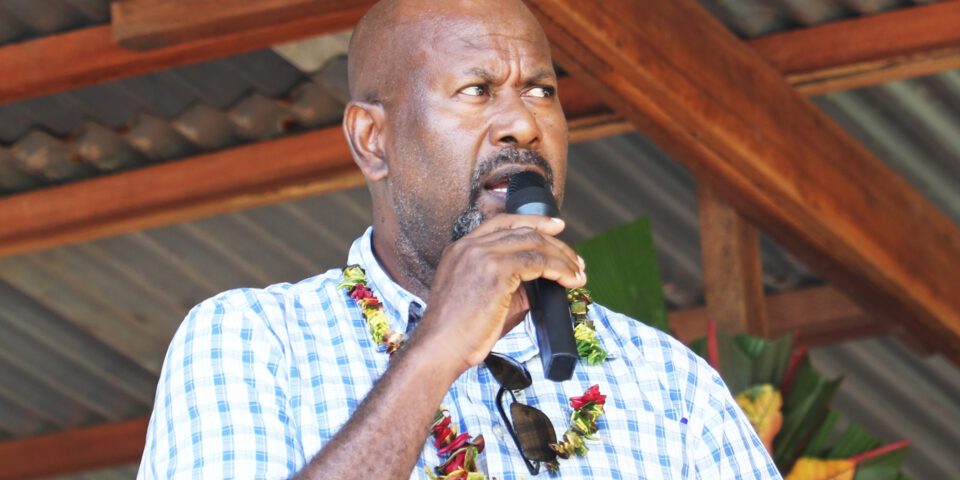More than 900 malaria cases have been recorded at the Gizo Hospital, Western Province since the start of the year up until early April.
This was revealed by the Director of the Western Provincial Health and Medical Service (WPHMS) Dr. Boara Dickson early this week.
He was speaking during the launch of the Western Province No Open Defection League Table by wards in the province at the Chacha building, Gizo.
He said, the surge in malaria cases is concerning because majority of these 900 cases are for Gizo alone.
Most of the cases are caused by the Plasmodium Vivax (PV) parasite one of the two most common malaria strains in Solomon Islands
The hospital has seen an increase in both outpatient visits and inpatient admissions as a result daily.
Gizo Hospital continues to receive patients that tested positive for Malaria, Dr. Boara said.
“The rise in cases can be attributed to several factors, including the recent rainy season, which has led to an increase in mosquito breeding sites, and inconsistent use of insecticide-treated bed nets by communities.”
He said, the provincial division is dealing with the situation.
“Our teams are doing their best, but we need more community cooperation in terms of prevention, and we need ongoing support from the Ministry of Health and other partners.”
Some of the patients who tested positive at Gizo hospital came from the nearby isldns to access the health services in Gizo.
Quatem, the primary anti-malarial drug used for Plasmodium falciparum cases, is currently out of stock.
Supplies of Rapid Diagnostic Test (RDT) kits are running critically low, and the malaria laboratory machine at Gizo Hospital has broken down.
As a result, malaria staff are now relying on manual testing methods, leading to longer waiting times for patients seeking results.
In the face of these challenges, Gizo residents are being strongly urged to take preventive measures, including sleeping under mosquito nets, wear protective clothing during the night, and eliminating stagnant water around their homes to reduce mosquito breeding sites.
Meanwhile, the distribution of mosquito nets to affected communities will soon be conducted once the Ministry of Health and Medical Services (MHMS) handed over mosquito nets to the Western Provincial Health and Medical Services (WPHMS).
In a related development, Gizo will host a National Health Conference in August, providing a vital platform for stakeholders across the country to discuss strategies to strengthen the health sector and improve health outcomes nationwide.
By ULUTAH GINA
Solomon Star, Gizo









